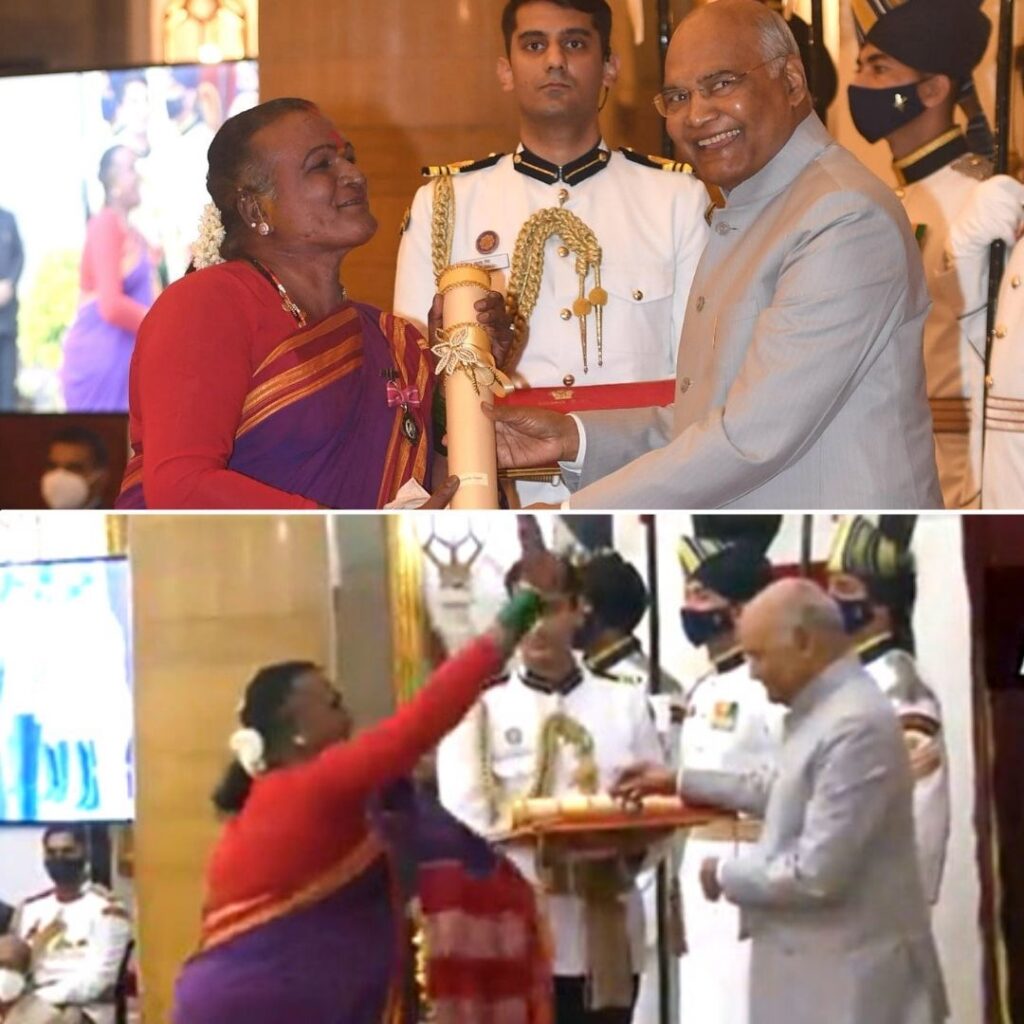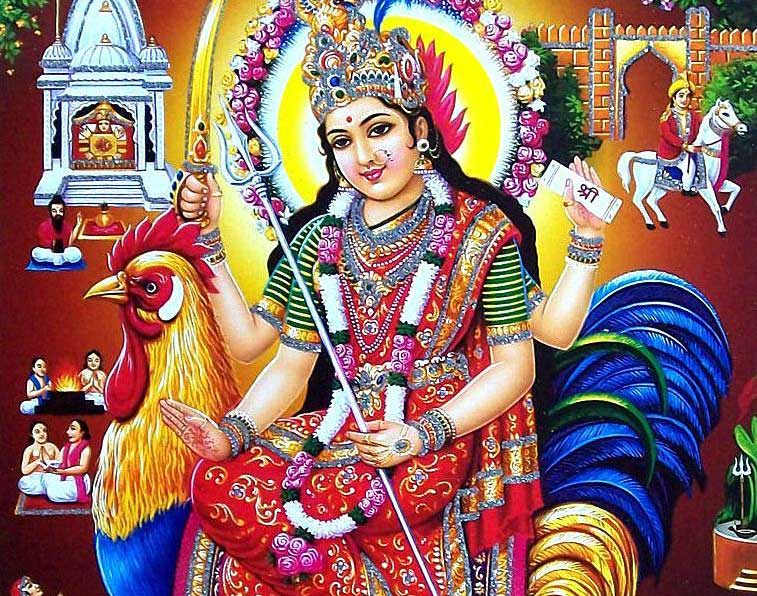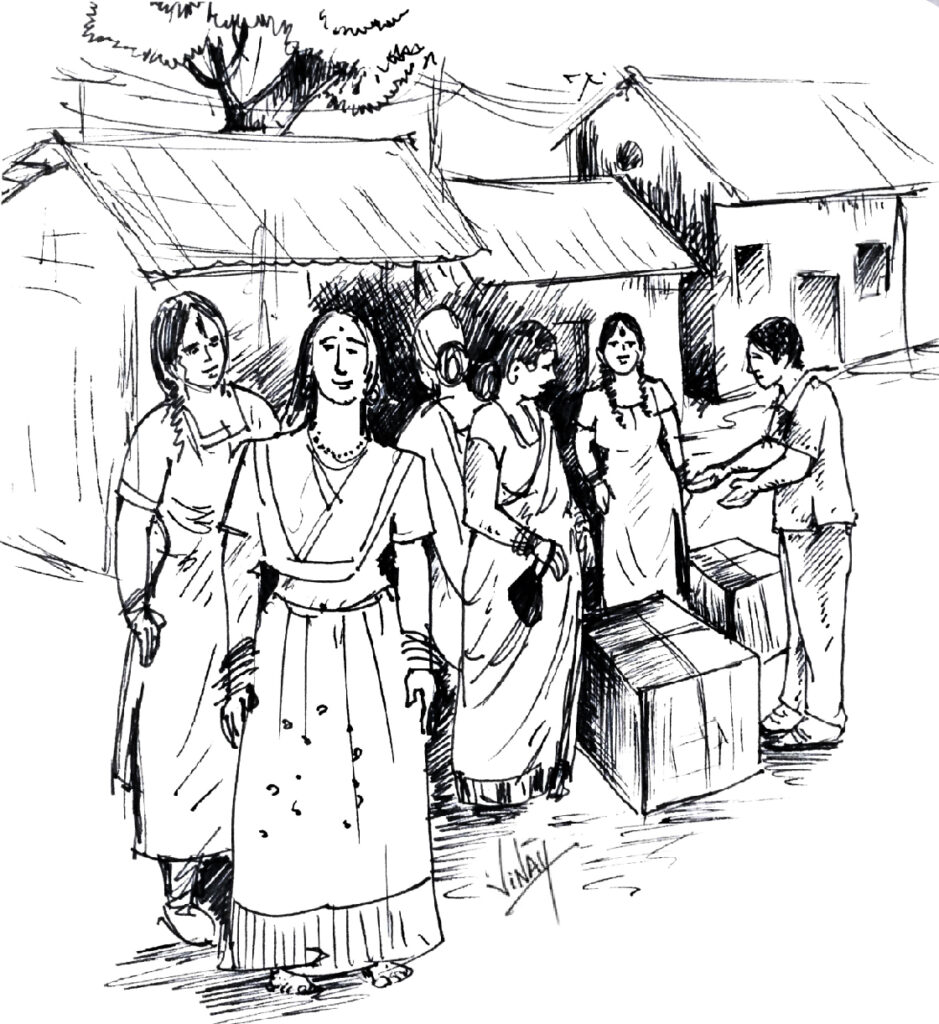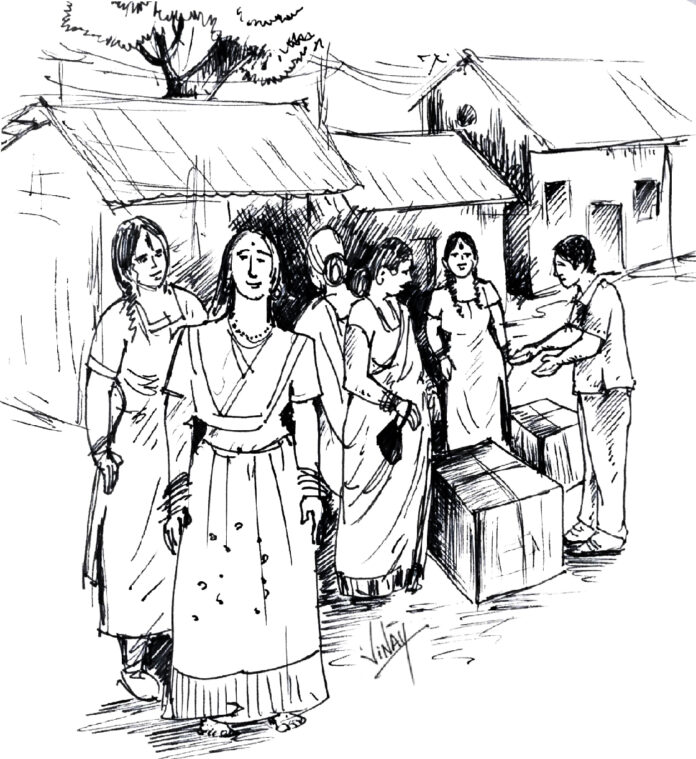While the lockdown was tough on everybody in India and the world & we are keeping fingers crossed that the Omicron Variant will perhaps not be very severe & not lead to Nationwide Lockdown, the one community that was hit especially hard was the Transgender community. Severely marginalized and discriminated against despite several laws being in place to protect them, the Transgender community even today is forced to make a living by begging at signals and shops.
In 2009, India’s Election Commission took a first step by allowing transgenders to choose their gender as “other” on ballot forms.
In 2015, the Rajya Sabha unanimously passed the Rights of Transgender Persons Bill, 2014 guaranteeing rights and entitlements, reservations in education and jobs (2% reservation in government jobs), legal aid, pensions, unemployment allowances and skill development for transgender people.
The total population of transgenders according to the 2011 Census is 4.8 lakh; only 30,000 are registered with the Election Commission. However, estimates suggest there are 50 to 60 lakh transgenders in India but most keep it a secret to avoid discrimination. Around 50 to 60 percent of them have never attended schools and faced discrimination.

Transgender Manjamma Jogathi from Karnataka receiving the Padmashree Award in 2021 from India’s President Ram Nath Kovind & she blessing him too in her unique way with her Saree
Hijra(Transgender) are eunuchs, intersex people, asexual people. Also known as Aravani, Aruvani, Jogappa, the hijra community in India prefer to call themselves Kinnar or Kinner, referring to the mythological beings that excel at song and dance.
A blessing from them in lieu of money that they demand in road signals is supposed to bring you luck & if they give a token coin in return, many keep that in their wallets as a lucky totem. Irrespective of which part of India we stay, we all have seen them perform at weddings, newborn baby ceremonies & house warmings. Their ability to remove ‘Buri Nazar’ or ‘Drushti Dosha’ with a lemon crushing is considered very auspicious.
In India the Bahuchar Mata is considered the patronage Goddess of this community.
This year’s Padmashree awardee Karnataka’s transgender dancer Manjamma Jogathi, for her contribution to folk dance didn’t hesitate in her unique way to give the customary blessing even to the bemused President Ram Nath Kovind.
Born in Ballari district of Karnataka as Manjunatha Shetty, was part of a Jogappa ritual when she was 15 years old. In this, a devotee is believed to be married to a god or goddess. Following this, Manjunath became Manjamma Jogathi and was restricted from coming back home. Jogathi is the first transgender chairperson of the Karnataka Janapada Academy and the only transgender to receive the Padma Shri Award this year.

On my way to work, I used to often observe a community of Transgender people living in my nearby neighborhood. Once the lockdown was announced, I felt compelled to reach out to them. I realized giving them a few coins and currency notes, like we are so used to doing, was not the way to help them and decided to distribute a month’s ration to them. I put together a hamper of rice, wheat, sugar, salt, oil, ghee, masks, sanitizers, basic condiments, toiletries, and other essential items and went to hand it over to them.
Since I had not interacted with them much before this, I was a bit skeptical, but all my concerns vanished when I met them and saw the smiles on their faces. They are just like any other human being and should be afforded the dignity that we take for granted. Diversity and Inclusion are not just buzzwords or mandated CSR responsibilities of big corporations. It begins with us as individuals, and it is the responsibilities of every citizen to walk the talk.
Breaking the glass ceiling, Tata Steel last week, onboarded 14 transgenders as Heavy Earth Moving Machinery (HEMM) operators at its West Bokaro division in Jharkhand’s Ramgarh district.
And as they would say in their inimitable way ‘Nimage Valeddu Agli’(Aapka Accha Ho),have a great week ahead !






